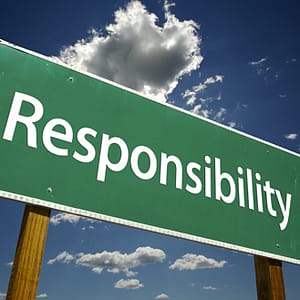Procrastination. The struggle is real. Or is it?
Procrastination … it’s a topic that’s come up with many of my
personal clients lately.
And the struggle is real. Or is it?
The struggle is always in our own mind.
And… we’re the only ones who can change those thoughts.
But how?
First of all, clarify what is behind your “Task Aversiveness”:
- Lack of confidence in your ability to succeed?
- Expecting the process to be difficult or outcome unpleasant?
- Maybe the goal or reward seems too far away to feel real.
- Sometimes it comes down to difficulties in self regulation:
being impulsive and distractible, (clicking on the flashing ad for
cute fall shoes… not that I would know anything about that… heh, heh).
Depending on the task or project your resistance may be any or all of these.
But good news!
By changing our thoughts ABOUT the task and our ability to complete it,
we empower ourselves to move through it, and can even enjoy it!
Below are 20 affirmations I’ve used to motivate myself (and clients)
to ditch procrastination and just “git ‘er done!”
Print out the list, or simply pick a couple you think will help you, then
remember to repeat them to yourself next time you’re tempted to
veer off task at the wrong time. You’ve got this!
I easily discern what is the best project to be working on now
It’s easy for me to break my projects down into doable steps
I believe in my ability to do each of these small steps
I love the feeling of accomplishment I get as I complete each step
I am good at beginning a task
I am good at working through the middle of a task
I am great at following through and finishing a task
I am really good at noticing little bits of time and using them well
I am competent
I can do hard things
I love discovering my capabilities
Getting things done harmonizes with who I really am
I allow help from others and delegate parts that others can do
It’s safe for me to ask for help
I comfortably roll with interruptions and distractions
After a break I can easily jump back into my work
I love writing down my schedule, and adding in space for play
I’m a natural action taker
I love being proactive and getting a head start on projects
Every day I am becoming more proficient at the art of follow through


 I love August, because I have 2 anniversaries!
I love August, because I have 2 anniversaries! 
 important decisions: how to spend her money, who to go out with, even what clothes to wear. Josie is anxious and depressed.
important decisions: how to spend her money, who to go out with, even what clothes to wear. Josie is anxious and depressed.





